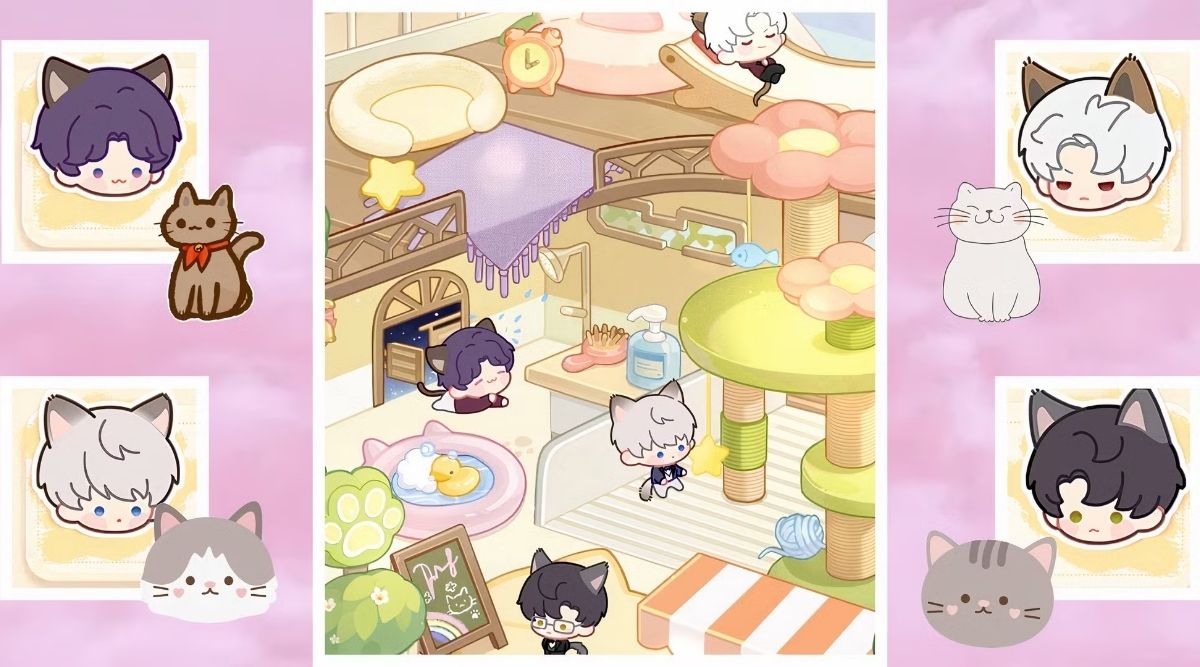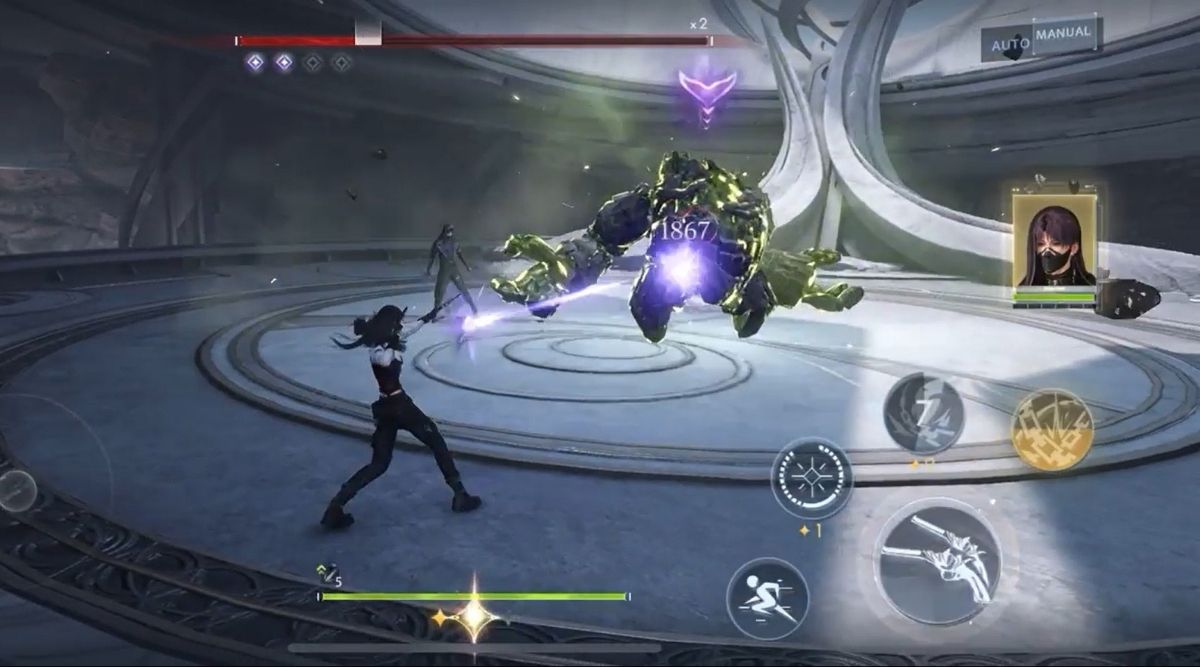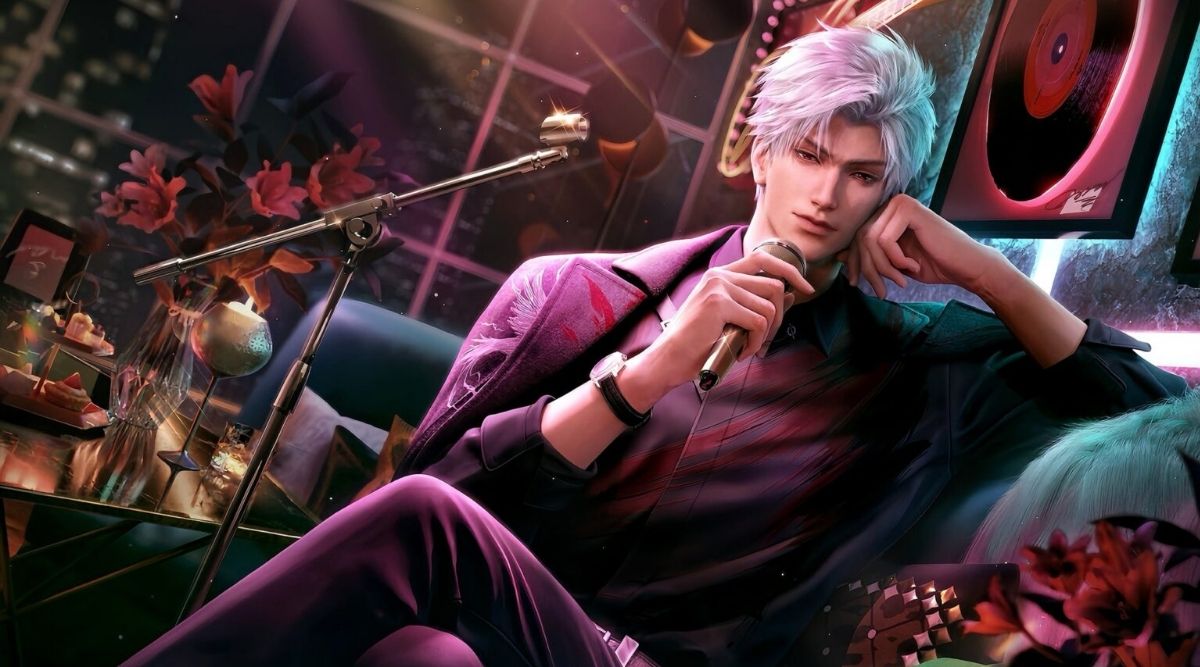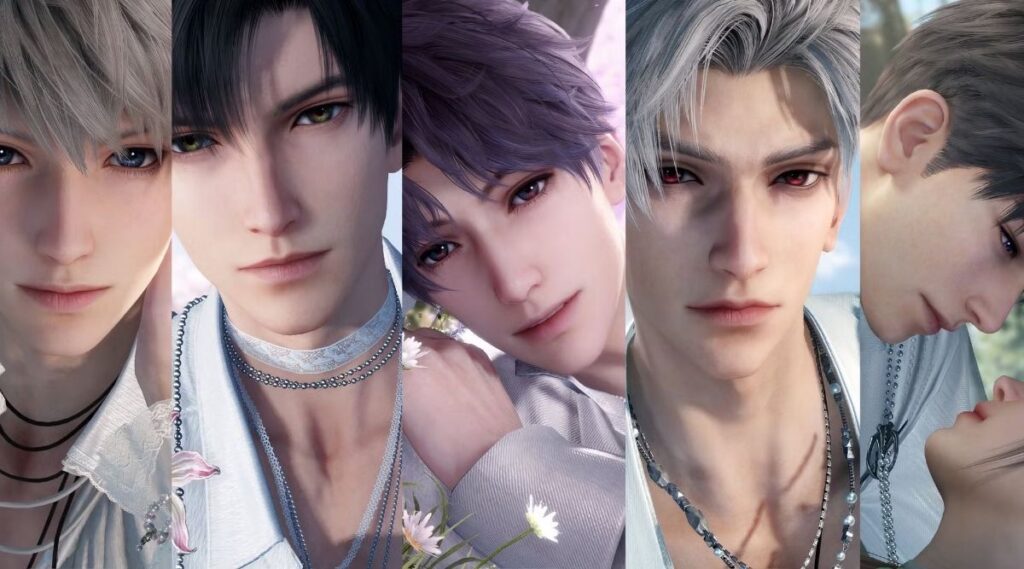One of the easiest ways to tell which series has broken through at a convention is by looking at the cosplays. At Anime NYC 2025, Love and Deepspace, developed and published by Papergames, was everywhere. Despite being a relatively new game with only a handful of main characters, the presence was undeniable.
Wherever a cosplayer dressed as one of the leads went, they were instantly surrounded by fans eager to snap a photo. It’s rare for a new title to explode into convention culture that quickly, but Anime NYC made it clear: Love and Deepspace isn’t just another otome game—it’s already become a phenomenon.
That sense of scale carried into the panel “So Is It a Gooner Game?” Love and Deepspace, which turned out to be one of the weekend’s biggest surprises. The room was filled to capacity with people squeezed in and still more waiting outside.
For a game that many attendees might not have even heard of a year ago, the turnout was impressive. More than that, it was validating. Seeing fans come together, cheering, and making the space their own showed just how much this game already matters.
Love and Deepspace is as much lore and mechanics as it is fan culture and characters.
 ““““
““““
The panel was hosted by unikittii and manta.ruby, both queer cosplayers and community figures who brought equal parts enthusiasm and structure to the discussion. What made their dynamic work so well was the way they divided their perspectives: one leaning into the “Love” of the game, focusing on characters, relationships, and fan culture; the other pulling more toward the “Deepspace,” grounding the conversation in lore, mechanics, and the bigger picture. That balance reflected the game’s dual nature.
For newcomers, the panel was an accessible entry point. The hosts broke down the basics of what an otome game is and explained the unique features that make Love and Deepspace stand out as the first fully 3D entry in the genre. From there, they tackled the lore in a way that was equal parts educational and entertaining.
Evols (love spelled backwards), the 14-year catastrophe, hunters and wanderers, protocores, reincarnation, even the infamous exploding grandmother, all got airtime. It was the kind of breakdown that helped players like me, who sometimes find the story overwhelming, finally connect the dots.
The energy was undeniable at the Anime NYC Love and Deepspace Panel.

But it wasn’t just the narrative. The hosts also touched on gameplay systems: the gacha elements, the combat, and how different players engage with the game depending on whether they’re drawn more to storylines or mechanics. They even took the time to joke about the main characters, as if they were Tinder profiles, highlighting their powers, quirks, and personalities in a way that had the whole room laughing.
I’ve covered numerous panels that aim to be both a community celebration and a guidebook. Few pull it off. This one did, and it was largely due to the crowd as much as the hosts. The energy was undeniable. Fans shouted their support for favorite characters, laughed at inside jokes, and bonded with each other in a way that made the room feel less like a lecture hall and more like a community hub. There were certainly a few people who wandered in just looking for a seat, but the vast majority were there for the love.
For me, the most memorable part was how inclusive and validating the whole experience felt. I don’t always feel like otome games get the spotlight they deserve at major conventions, especially compared to bigger anime and gaming IPs.
Yet here was Love and Deepspace, not only with cosplayers all over the floor but also with a panel so popular it could’ve easily commanded a larger room. It was a reminder that this genre, often sidelined, has a passionate fanbase ready to show up in force when given the chance.
Love and Deepspace is about more than a game; it’s about celebrating community.

I left the panel thinking about how rare it is to see a game so new make such a significant impact so quickly. It speaks not just to the quality of Love and Deepspace, but to the hunger fans have for stories that center romance, queerness, and emotional depth in gaming.
The only thing I hope for next is more panels like this. The game is complicated, and the more spaces there are to unpack it together, the more welcoming it will feel for newcomers while still giving veteran players a place to connect.
At the end of the day, Love and Deepspace wasn’t just about breaking down mechanics or lore. It was about celebrating a community. Anime NYC gave Love and Deepspace room to shine, and the fans made sure it was a spotlight moment. For a game still in its early years, that’s an impressive leap forward, and it feels like only the beginning.
Love and Deepspace is available now on Android and iOS.







